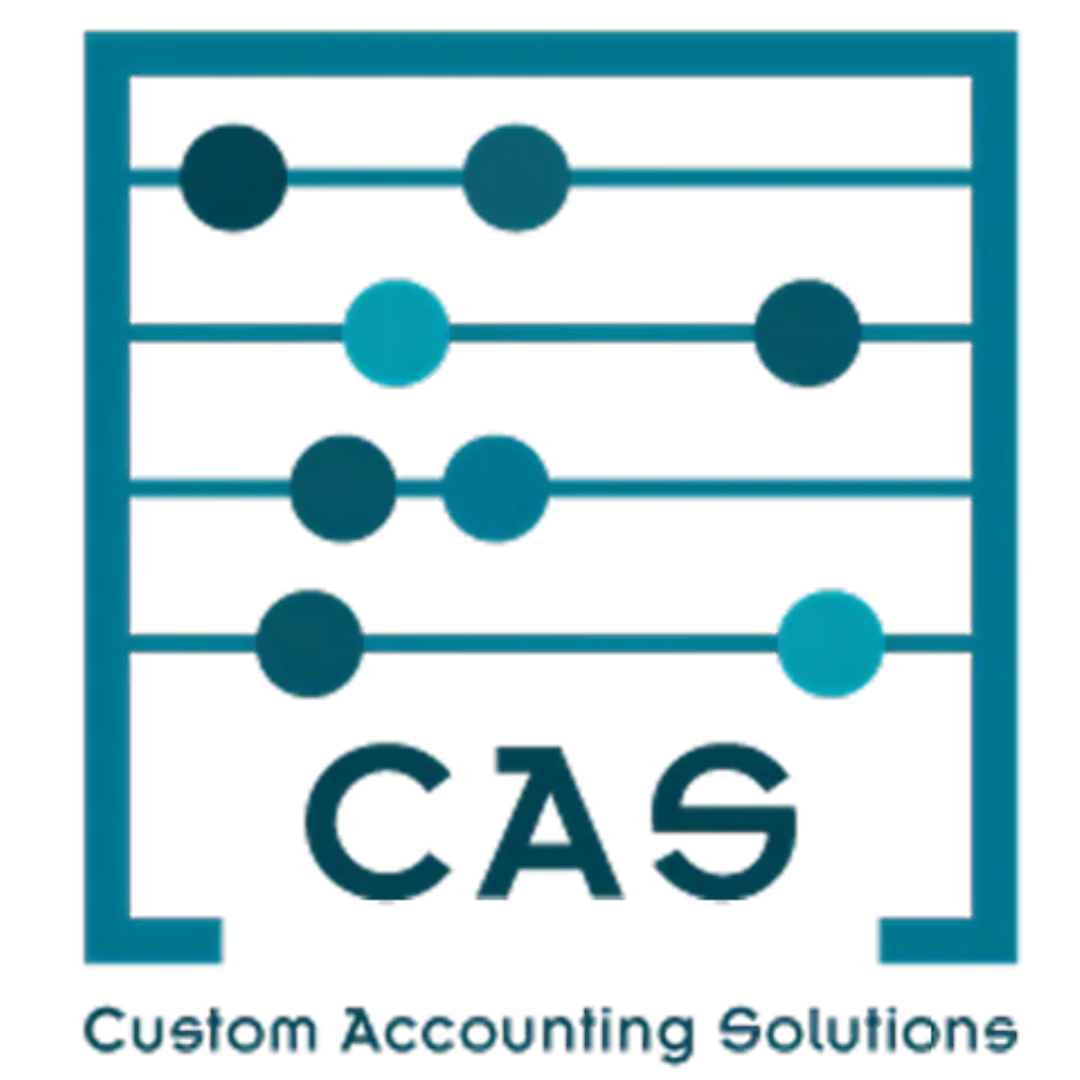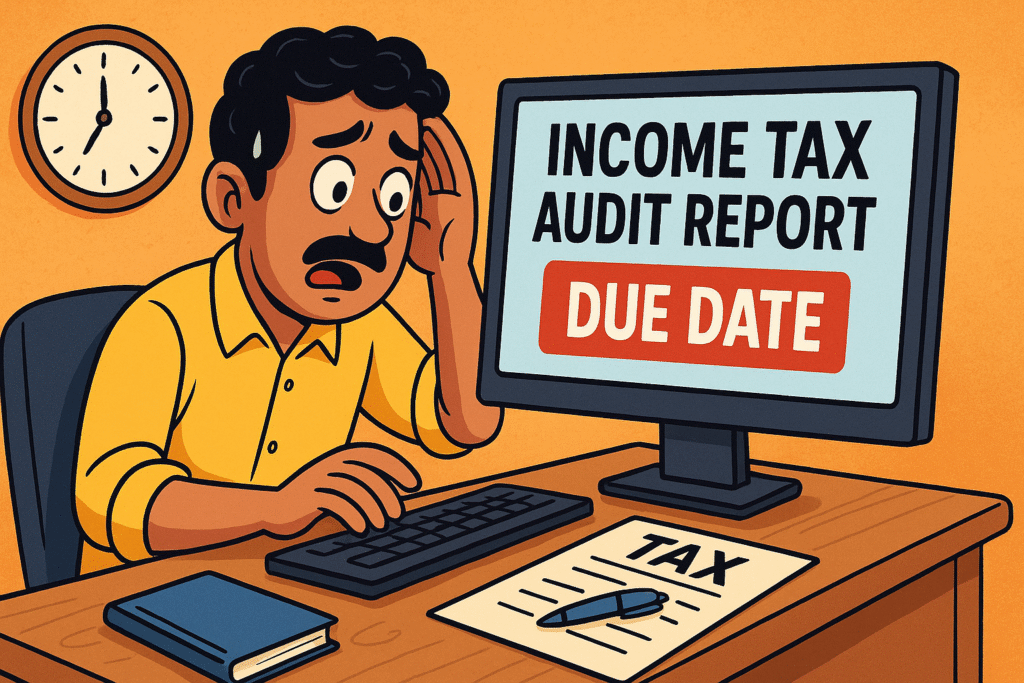Business Expense Mistakes That Trigger Tax Audits - and How to Avoid Them
No small business owner wants to deal with a tax audit. Even if your books are in order, the process can be stressful, time-consuming, and costly. While some audits happen at random, many are triggered by specific red flags—especially how business expenses are reported.
Here are some of the most common expense-related mistakes that can draw unwanted IRS attention, and how to avoid them.
1. Mixing Personal and Business Expenses
This is one of the most frequent and costly mistakes. When personal purchases show up in your business accounts - even small ones - it raises doubts about how legitimate your deductions are.
How to avoid it:
Keep your business and personal finances completely separate. Use a dedicated business bank account and credit card. If you accidentally use a business card for a personal expense, record it properly as an owner’s draw - not a business deduction.
2. Claiming Excessive or Vague Deductions
Large deductions that don’t align with your industry norms often raise eyebrows. For example, claiming $20,000 in “meals and entertainment” on modest annual revenue might stand out.
How to avoid it:
Document everything. Keep itemized receipts, note the business purpose, and record who attended each meeting or meal. The more context you have, the easier it is to prove legitimacy if ever questioned.
3. Poor Recordkeeping
Missing invoices, lost receipts, or inconsistent documentation can turn a routine filing into a major audit risk. The IRS expects clear proof to support every deduction you claim.
How to avoid it:
Use cloud accounting software or digital receipt tools to store all supporting records. Make it a monthly habit to reconcile your books so you’re never scrambling at tax time.
4. Misclassifying Contractors and Employees
Incorrectly labeling workers as independent contractors to avoid payroll taxes can trigger serious penalties. The IRS has clear guidelines to distinguish between contractors and employees.
How to avoid it:
Review the IRS’s classification rules or consult a CPA. Paying someone like an employee but reporting them as a contractor is one of the quickest ways to invite an audit.
5. Overlooking Home Office Rules
The home office deduction is legitimate - but often misused. Claiming excessive space or unrelated expenses (like your entire internet or rent) can raise suspicion.
How to avoid it:
Only claim the portion of your home used exclusively and regularly for business. Measure the workspace accurately and maintain utility and rent records to support your claim.
The Bottom Line
Accurate expense reporting is your best defense against an audit. Stay organized, keep documentation, and when in doubt, ask your CPA before claiming a deduction.
Good bookkeeping doesn’t just help at tax time - it protects your business year-round.

